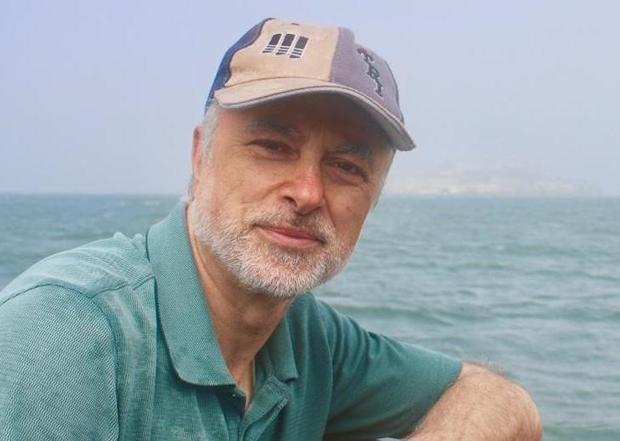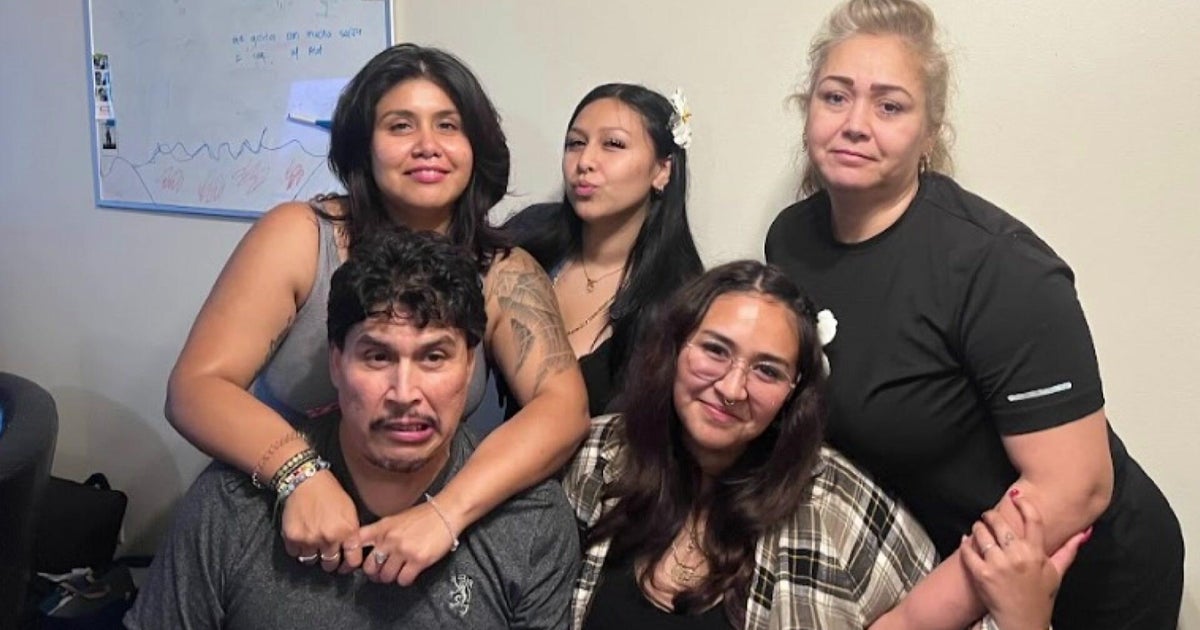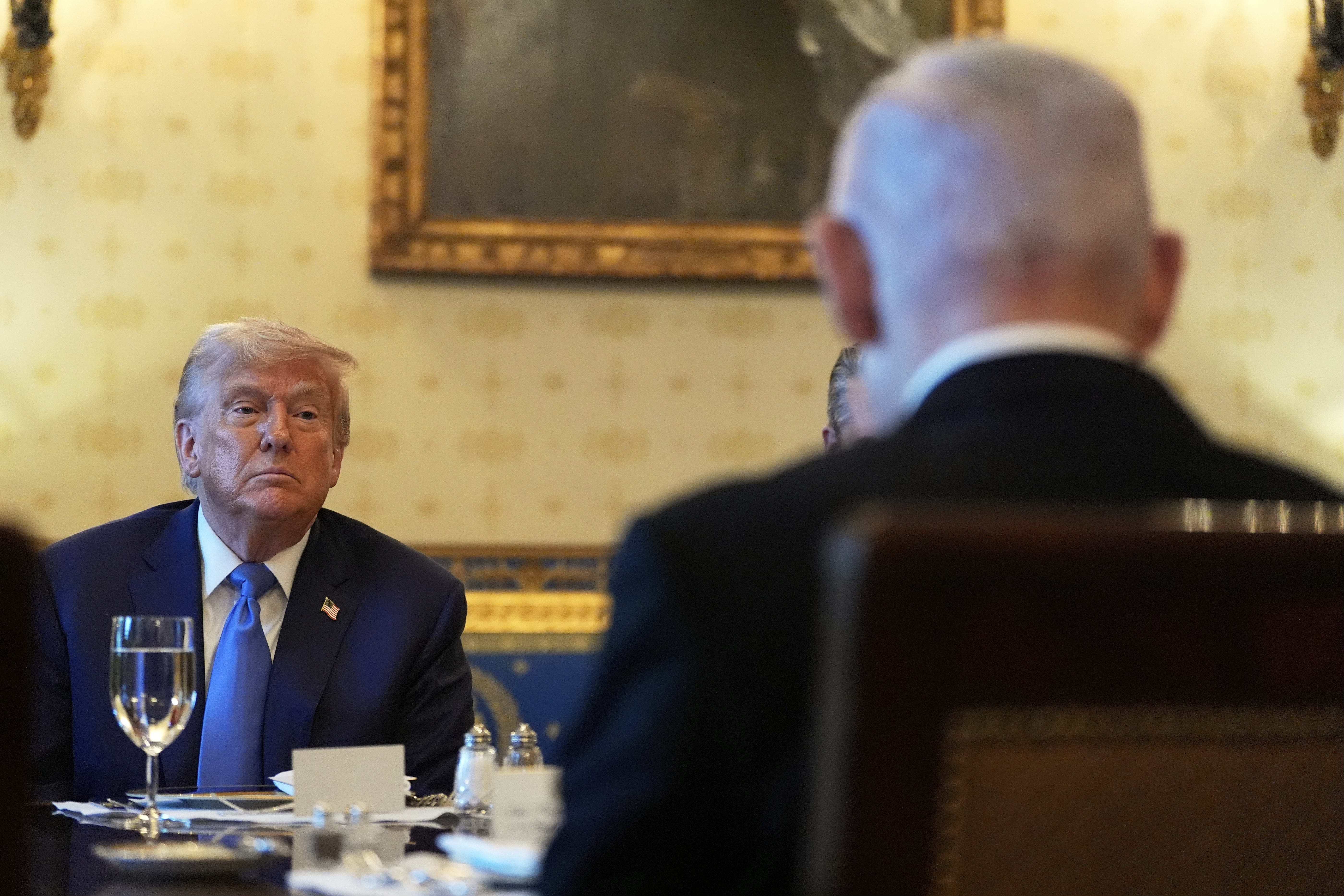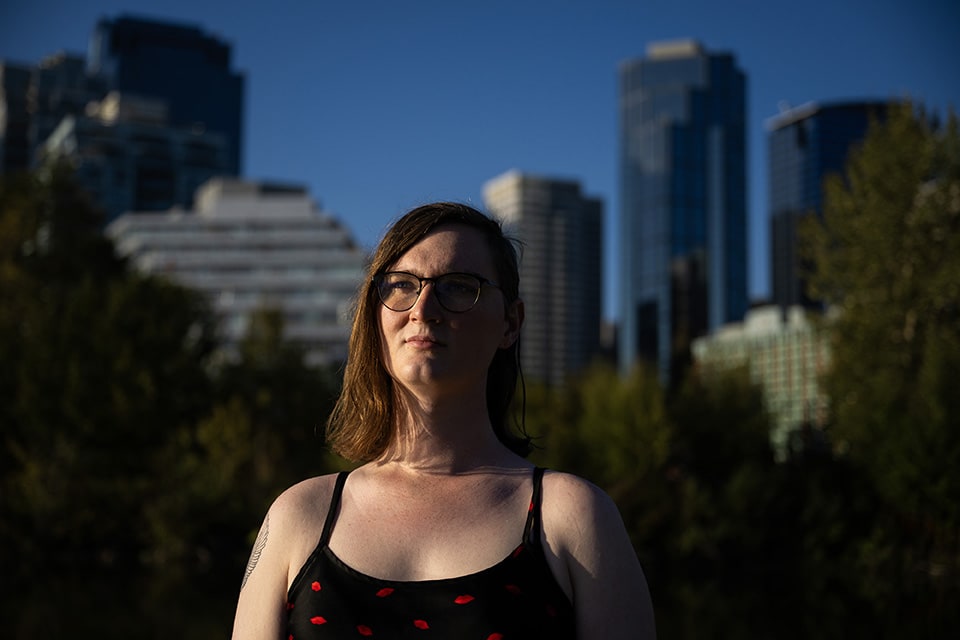Family of Majd Kamalmaz, American detained in Syria, appeal to Trump for help
The daughters of an American man detained in Syria for nearly two years are speaking out and publicly asking President Trump to bring their father home. Majd Kamalmaz was arrested in Damascus in 2017. Since then his daughters, Ula and Maryam, have been working quietly with the State Department to find their father.
"We are pretty confident he is still alive, and I feel that he is still alive in my heart," Maryam told CBS News' Janet Shamlian.
Maryam and Ula pray every day for their father's safe return.
Kamalmaz, a 61-year-old therapist and grandfather, was last seen in war-torn Syria while crossing a government checkpoint where he was detained. Ula said she couldn't think of any reason why he might have been stopped.
"He went into it with his U.S. passport. He knew that he was going in to see relatives. I mean that's what we know," Ula said.
The Kamalmaz family has been largely silent about their father's disappearance out of fear that bringing attention to his case might put him in danger. But after two years without any leads, the family is now making a public appeal to President Trump.
"President Trump's success rate at returning detained prisoners, we have faith that he's going to be able to do the same with our father," Maryam said.
The family sent the president a letter in October, pleading for his help in getting Kamalmaz out of Syria. They said the White House received the letter, but the president has not responded.
The only other identified American held in Syria is journalist Austin Tice.
"The Syrian government, like I suppose many adversarial governments to the U.S., want leverage against the U.S., want ways to put pressure on the U.S.," foreign policy expert Paul Salem said.
Salem, president of the Middle East Institute, said the hostile relations between the U.S. and Syria make the cases for Tice and Kamalmaz more difficult.
"The Syrian regime probably detained him in order to get Washington's attention and perhaps to negotiate towards normalizing relations with Syria," Salem said.
Kamalmaz immigrated to the U.S. when he was six years old and became a dual-citizen.
"We're American in every way possible. Don't let this fool you. I mean, my father always taught us that this is your country, we're not going anywhere. We were all born and raised here," Maryam said.
A therapist who's offered free counseling to victims of Hurricane Katrina and the Indonesian tsunami, Kamalmaz traveled the world – but his family wants him back here in the States.
"Dad, we love you. We miss you. And we're working hard to bring you home," Maryam said, choking up with emotion.






